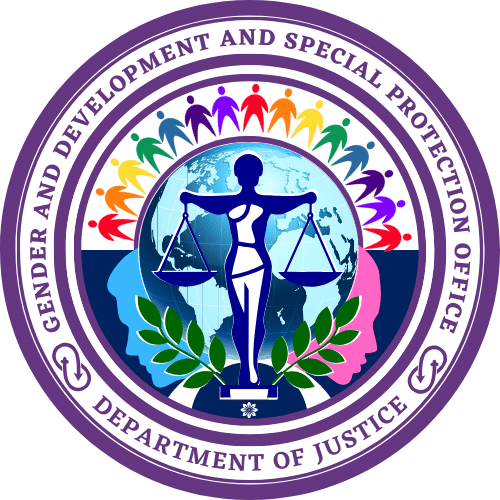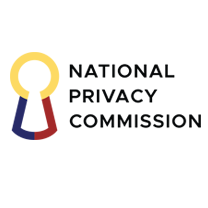After the filing of the simplified procedure on criminal investigation on 30 July 2013 and the proposed new Code of Crimes to replace the 1932 Revised Penal Code on o6 August 2013, the Committee on Justice of the House of Representatives chaired by Representative Niel "Junjun" C. Tupas, Jr. and the Department of Justice (DOJ) Criminal Code Committee (CCC) headed by Assistant Secretary Geronimo L. Sy jointly announced that the first public hearing on the two major pieces of justice reform legislation will be conducted today, 20 September 2013, in Cebu City.
"We are off to a good start and we see the tremendous support from all the stakeholders to finally pass a modern and more comprehensive criminal code," said Representative Tupas. "This has been the result of almost three years of hard work and intense collaboration between the Legislative and Executive Branches of government," he said.
The public hearing will be attended by representatives from the judiciary, executive agencies, academe, integrated bar, local government units, non-governmental organizations and civil societies. It is the first of the several consultations scheduled to ensure the speedy and smooth passage of the bills.
"The DOJ will request the President to certify these bills as urgent so we have concrete and verifiable results before 2016," said Secretary Leila M. De Lima who formally endorsed the bill to the both Houses of Congress. "This was outlined during the first State of the Nation Address (SONA) in 2010," she noted.
The new Code of Crimes contains twenty-one (21) sections with the following key features:
1. Change to universal jurisdiction of crimes instead of the current jurisdiction based on territory, given the evolving nature of crime, specifically transnational organized crime;
2. Simplifies the approach to criminalization based on - conduct and not mental state;
3. Simplifies the categorization of crimes - there is no longer a frustrated stage of commission of crime or accomplices in the degree of participation;
4. The minimum age of criminal liability is 13 years old - those between 13 and 18 are penalized depending on the nature of the crime but with suspended sentence and referral to diversionary programs;
5. There is no longer a splitting of criminal and civil actions - the civil remedy is always embedded in the criminal action;
6. The scale of principal, alternative and accessory penalties with the restorative justice measures are presented in one table with numeral-levels rather than old Spanish or Latin terms for easy reference;
7. There will be a provision stating that an appeal from a judgment of dismissal or acquittal shall not be treated as a second jeopardy;
8. Modifying circumstances are now generically aggravating, mitigating or alternative without need of specific characterization for purpose of trial; and
9. The prescription of crime and service of sentence is now combined.
"We are opening up the process to engage the citizenry and interested academicians, experts and practitioners to contribute to this work," said Assistant Secretary Sy. "A simple and sound legal framework defining and punishing illegal conduct is the bedrock of a functioning rule of law," he said.
A copy of the draft code is available for viewing and downloading at www.doj.gov.ph.







